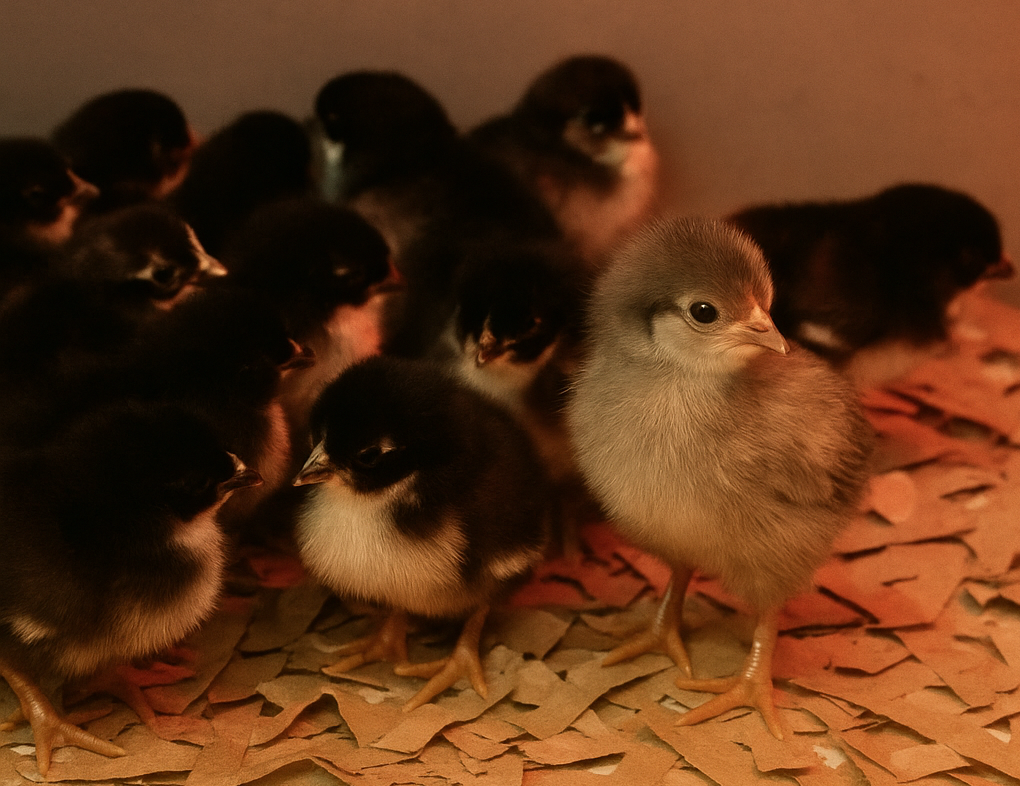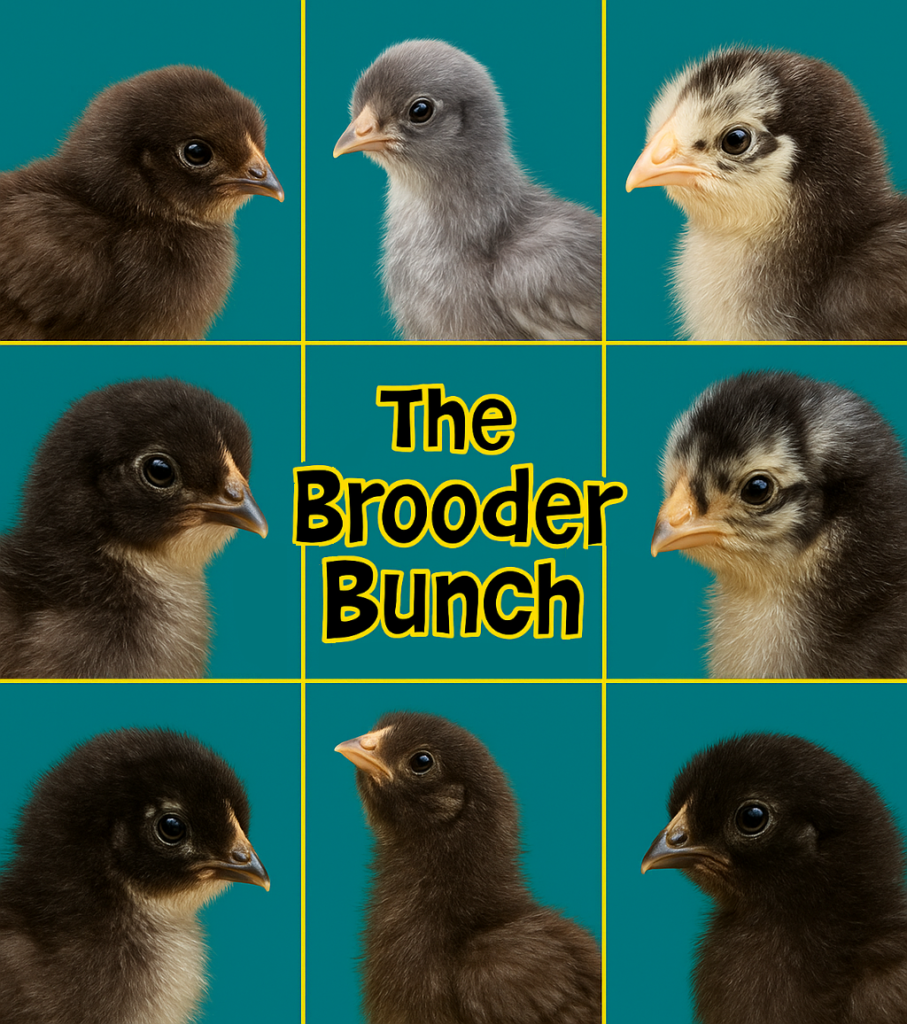Dear Margaret,
My dog has a job. Why can’t my kids?
A wonderful line of inquiry!
The utility of animals has been well recognized throughout human history, and their powers harnessed through domestication. Populations have flourished with the strategic use of livestock to help clear and cultivate land. Herds and flocks provided a stable food source, while dogs and cats helped ward off predators and pests.
It’s truly amazing what humans and their animal companions have been able to accomplish.
While it may be true that these days the term ‘working dog’ is more often used in Kennel Club shows than on farms, animal labour is not a thing of the past.
As technology advanced, so has our use of animals: dogs sniff for bombs, and all manner of creatures are accepted as ‘support animals’. In short, we continue to value the contributions of our four legged and feathered companions as much as ever, and recognize that the benefit of their work is often mutual.
Why is this not the case for kids?
Children, on the other hand, once recognized and valued for their contribution to daily life have been all but sidelined, their usefulness forgotten. Worse than being deemed incapable of physical labour, nowadays it is considered outright dangerous (even harmful) for kids to interact, unprotected and unsupervised, in the real world.
Consider how current child labour laws, arguably well-intentioned, reflect a protective mindset that may swing too far.
As of 2023, in Quebec, it’s now illegal for children under 14 to work except in narrow cases like farm work or family businesses (Bill 191). Across Canada, the Labour Standards Code2 means those under 16 face strict limits on hours and tasks, especially if the work might “prejudice his attendance at school”. In the U.S., the Fair Labor Standards Act3 prohibits most employment for those under 14 and restricts work for teens.
While these laws shield children, they also normalize excluding them from constructive, character-building tasks like running a lemonade stand or helping gather firewood, while giving adults an excuse not to expose their kids to these formative opportunities.
Do not misunderstand me. There is a vast difference between sending children into the mineshafts at 7 years old and asking them to go door-to-door offering weeding services to neighbors.
I’m not even saying that kids are actually good at these jobs!
Adults are obviously better at doing all of these things. 13-year-olds are notoriously unreliable and sloppy but, unlike adults, one could argue that they are learning something while doing the work. When we ‘protect’ them from the demands of life, we deprive them of critical information that they need to grow up.
Kids who go to the trouble of showing up on time, organizing themselves, and being held accountable get far more benefit than just a paycheck and a pension. They gain confidence, independence, and a sense of belonging in their community. That they might accomplish something worthwhile while doing those jobs is a bonus for everyone.
It seems a shame that efficiency and profit have been prioritized over skill development and a true investment in the future.
Is this quandary merely moral?
Is it that the damage or loss of an animal, while unfortunate, is not as devastating as the damage or loss of a child and therefore the latter must be avoided at all costs? Have we simply advanced to the point where we don’t need to take unnecessary risks by using kids as farm implements?
That may be.
But what of the damage done by NOT giving children the chance to push themselves?
When we teach them to steer clear of activities that are hard (even a little scary) we teach them to be fearful of their current inabilities, instead of to push towards becoming more competent. Research from the Canadian Paediatric Society4 and others has shown that risky play can improve a child’s confidence and ability to assess risk, but is a line crossed when we move from play into work?
When is it too late to learn the value of hard work?
Between regulatory and cultural shifts children are slowly being taught that it’s ok for them not to participate in day-to-day life. Nothing will be expected of them until they’re “mature” enough, while at the same time robbing them of experiences that could help them mature. Without real work, they lose the chance to:
- Do something useful
- Put their talents, aptitudes or interests to good use
- Step up and lead their peers
- Earn some money for themselves (and not by doing chores laid out by mom & dad)
We hear about universities full of 19-year-olds who, like deer in the headlights, freeze and panic the moment they’re expected to take some responsibility for themselves, put a plan in place for their life, and support those around them by becoming productive members of society. Things that by all rights should be exciting since they represent important milestones on the path towards becoming a full-fledged adult.
Sadly, I expect these young adults will need to be forcibly handed over the reins… or leashes… of adult responsibilities. Until those expectations are thrust on them by society or circumstance, we should not be surprised that they are disinterested in pursuing them. They were never taught that such things are important.
I don’t mean to be all doom and gloom.
Dogs and horses can do wonderfully useful things, but they are obviously very different from children. Animals never need to become fully actualized entities.
Children do.
And to do so, they need work.
We know that it’s our job to train him if we expect the family dog to earn his place guarding the yard, comforting his people, or even fetching the paper – why not our children, too? Not as beasts of burden, of course, but as capable contributors whose efforts matter.
Work, in the right measure, doesn’t just build muscle; a child who learns to shoulder responsibility discovers, much like a well-trained dog, the joy of being trusted to do something hard. It gives them a sense of belonging to something larger than themselves. But unlike the dog, they’re not meant to stay forever dependent. Done well, their early contributions prepare them to lead, create, and thrive throughout their own lives.
So don’t fret.
Be encouraged that the homeschool community is stepping up and championing independence and the entrepreneurial spirit. Kid-preneur fairs give young makers a stage, teens take on tutoring, and family businesses pass along skills that no textbook could ever teach. These opportunities remind us that children are not just waiting to become adults, they’re eager to make meaningful contributions now.
Just remember: anything dogs can do, kids can do better!
But no one can do it alone!
If you’re looking for tools to help nurture independence and an entrepreneurial spirit in your kids, you don’t have to start from scratch.
As always, we can’t recommend the Tuttle Twins enough! The Tuttle Twins books and resources do a fantastic job of introducing ideas like liberty, responsibility, and the joys of hard work in a way kids actually enjoy.
For older students (and parents, too), Liberty Classroom offers an incredible library of history and economics lessons you won’t find in school. Each class has been expertly designed to deepen critical thinking and expand understanding.
Both have been invaluable in our own homeschool journey, and I think you’ll find them a great fit if you want your kids to grow into capable, confident young adults.
The Tuttle Twins Back-to-School Sale is still on! Check it out here.
Or for the more advanced students, explore Liberty Classroom here.
Together, we can raise kids ready to step into this world, prepared to make a difference.
Happy Homeschooling.
- Norton Rose Fulbright , Bill 19, respecting the regulation of child labour, is adopted in Quebec https://www.nortonrosefulbright.com/en/knowledge/publications/5fee7bef/bill-19-respecting-the-regulation-of-child-labour-is-adopted-in-quebec ↩︎
- Labour Standards Code Chapter 245 of the revised statutes, 1989 – Section 68 https://www.canada.ca/content/dam/esdc-edsc/documents/services/foreign-workers/foreign-workers-hire-caregiver/labour-standards-code.pdf ↩︎
- Selected State Child Labour Standards Affecting Minors Under 18 in Non-farm Employment, June 15, 2025 https://www.dol.gov/agencies/whd/state/child-labor ↩︎
- Canadian Paediatric Society, Position Statement – Healthy childhood development through outdoor risky play: Navigating the balance with injury prevention, Jan 25, 2024 https://cps.ca/en/documents/position/outdoor-risky-play ↩︎
Have a Question for Margaret Hatcher?
Margaret is ready to answer all your burning homeschool questions and share her chicken wisdom to help solve your schooling conundrums!
Want to ask Margaret your question? Fill out this form and your question could be featured in the next installment of Hatcher’s Homeschool Confidential. Or reach out to contact@prairietideprojects.com directly.
Disclosure: Prairie Tide Projects may earn a commission if you make a purchase through affiliate links. This comes at no additional cost to you and we hope you find our recommendations helpful. Learn more on our Partners page.


